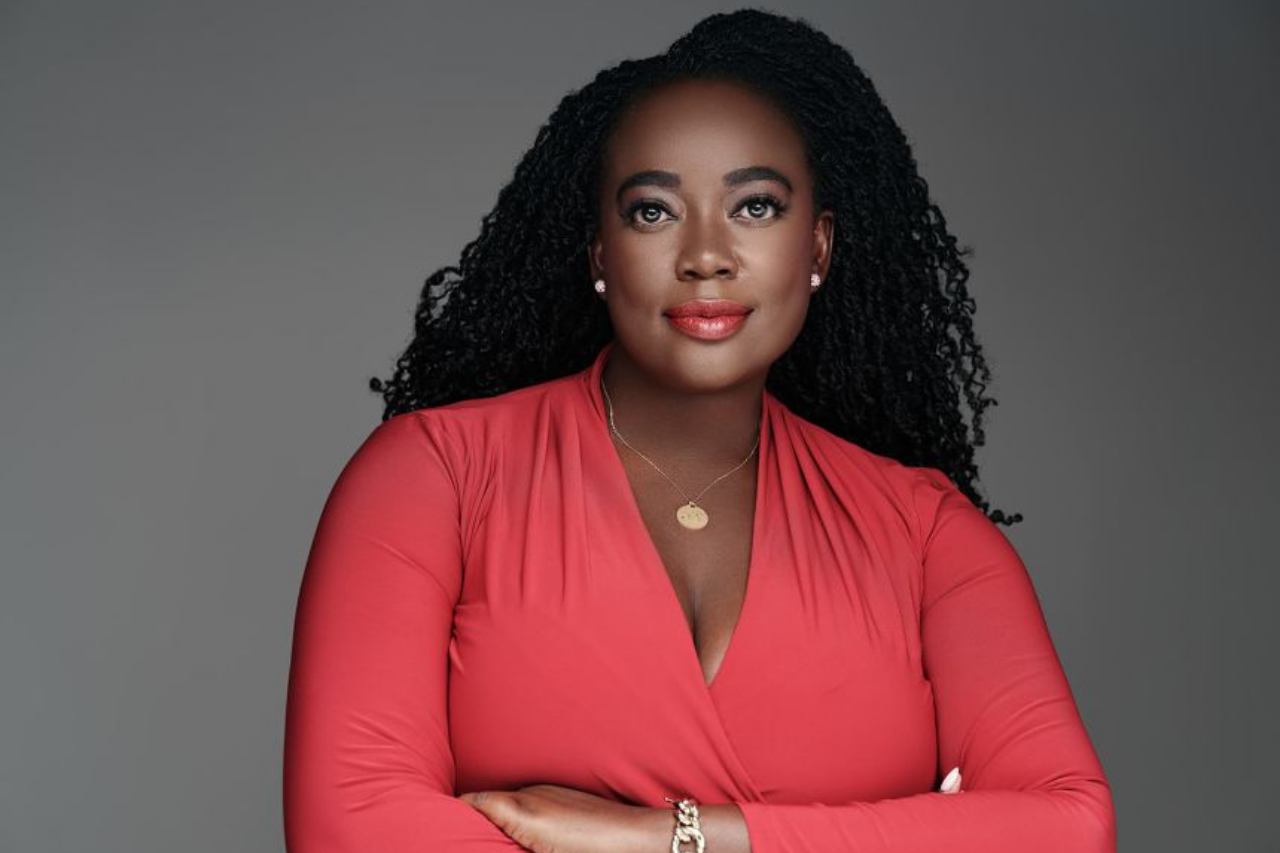Too often in media, missing-person narratives with Black victims are relegated to footnotes, underreported, or sensationalized without empathy.
When Taken at a Truck Stop: A Black Girl Missing debuts on October 25, it will carry more weight than a standalone thriller. This is the third chapter in a growing lifetime anthology in which Garcelle Beauvais is not merely a face on the screen but the guiding force behind every narrative decision. In this installment, she plays Kai, a trucker and business co-owner who launches a rescue mission when her neurodivergent niece is abducted. In doing so, she continues to push forward a franchise that insists on centering Black girls in stories of disappearance, urgency, and agency.
To fully appreciate how deeply Beauvais is invested in the Black Girl Missing universe, it helps to trace its earlier installments and understand the context she is responding to. The inaugural film, Black Girl Missing, aired in 2023, with Beauvais in a starring role and also serving as executive producer.
That film placed a spotlight on Cheryl, a mother whose daughter vanishes and whose pleas are dismissed by both media and law enforcement, with the narrative exploring how bias and invisibility intersect in real disappearance cases. The second installment, Abducted at an HBCU: A Black Girl Missing Movie, features Naturi Naughton and expands the world—this one explicitly setting the disappearance in an academically prestigious, historically Black college environment, thereby heightening the stakes and widening the scope.
The second film is now streaming on Netflix. In each film, Beauvais maintains her dual role as lead actor and executive producer, which gives her unique leverage in shaping not just how the story is told but which stories reach audiences.
It is in that dual capacity — actor and architect — that Beauvais exerts her influence most powerfully. She is not simply taking on one of many roles; she is building a franchise. Lifetime has signaled its confidence in this vision by renewing its collaboration. Taken at a Truck Stop is part of a broader slate of new original films that Beauvais will produce with Lifetime.
In press statements, Beauvais has emphasized that she aims to tell stories “that resonate deeply” and put Black women and girls at the center. Her role gives her the power to choose whose narratives get attention, to shape character agency, and to steer the tone away from passive victimhood toward action.
That is especially important in a media landscape that so often overlooks missing persons cases involving Black girls and women. Data on missing persons reveal serious gaps and disproportionalities. In 2022, for example, more than 271,000 girls and women were reported missing in the United States; over 36 percent of them were Black, even though Black women account for a much smaller share of the population.
That means Black girls and women are overrepresented among missing persons cases, yet many of their stories do not break into mainstream awareness. In 2023, 40 percent of all missing persons in the U.S. were people of color. Yet Black individuals make up roughly 13–14 percent of the population, but more than 30 percent of missing person cases. These disparities starkly suggest that missing Black people are neglected not because they vanish less often, but because systemic attention is uneven.
Compounding the problem is a phenomenon often called “Missing White Woman Syndrome,” in which disappearances of white women, especially those deemed youthful, attractive, or “relatable,” receive far more media coverage than cases involving women of color.
In media studies, missing Black children are often deeply underrepresented in news stories; one analysis found that Black children comprised about a third of missing children cases but only 7 percent of media references. Meanwhile, White disappearances crowd headlines and dominate 24/7 coverage. These imbalances mean that many families looking for missing loved ones must scramble alone, without the amplification that often galvanizes resources, investigations, or public interest.
This is precisely the terrain Beauvais is staking her claim on. By building and executing Black Girl Missing as a trilogy (and possibly beyond), she gives visibility to narratives that too often remain in the shadows. Her choices carry weight: who is missing, what vantage points are shown, how much agency victims or those searching have, and how systemic gaps are interrogated.
Key Numbers Behind Black Girl Missing
The new film’s premise, Kai using her networks within the trucking community, leveraging grassroots outreach when official channels stall, suggests the narrative will explore how marginalized communities find their own mechanisms to be seen and heard. That touches on an essential tension in missing-persons work: the interstice between institutional responsibility and community activism. Often, the earliest hours of a disappearance are crucial, yet if law enforcement and media fail to respond equitably, time slips away unaccounted for.
Taken at a Truck Stop will either deepen what the franchise has already built or risk falling into familiar tropes. But Beauvais being at the helm gives it a better shot. Her involvement ensures consistent thematic continuity; she is not a face merely recruited for casting but a steward for the mission. She is refining a franchise that demands we ask: Who gets to be seen? Who is considered a “worthy” missing person? Who mobilizes when systems fail?
For audiences, this third installment is a moment to witness the maturity of a franchise powered by a Black woman’s intentional leadership. Beauvais is not just starring; she is asserting that she gets to pick which worlds we enter, which disappearances we investigate, and which voices we amplify. Taken at a Truck Stop promises to be a thriller, but more than that, it stands to be a piece of cultural advocacy — a visual demand for equity in who we search for, who we talk about, and who we remember.
Discover more from MidScroll
Subscribe to get the latest posts sent to your email.



